
Dr. Idiat Oluranti Adebule Deputy Governor of Lagos State Nigeria has called for an urgent need to create an enabling environment for a more activate role and participation of the private sector in the realisation of the Sustainable Development Goals (SDGs).
She said the successful implementation of the SDGs involving the private sector would ultimately be regarded as contributing to sound corporate sound responsibility and good corporate citizenship on the part of the private sector.
Dr. Adebule made the call in her keynote address delivered on her behalf by Mr. Hakeem Fahm, Commissioner for Science and Technology of Lagos State at the opening ceremony of the third International Multi-Disciplinary Conference for Post Graduate Students at Winneba.
The conference themed "Attaining the Sustainable Development goals through research" was organised by the Graduate Students Association of Ghana University of Education (GRASAG-UEW) chapter.
According to Dr Adebule the attainment of the SDG in African context was bedevilled by myriads of challenges and added that poverty reduction in sub-Sahara Africa had been hindered by the lack of economic growth and progress in reducing poverty had been further complicated by the high levels of income inequality in the Sub-Saharan African.
She stated that issues associated with sustainable development can be seen as one of the basis of any society saying its major field of concern had been for the environment, but its applicability had been extended to wrap almost each human attempt.
"Current public discourse, proponent of the sustainable movement in reach around the world calls for a better realignment and a normative turn of our entire reach systems towards the issue of sustainability.
Researchers and scientists should investigate sustainability questions that society defines as important and more beyond a purely technological approach to sustainable development in all dimensions, she said.
The Deputy Governor said that accordingly, it conceptualises all research as practical tools to work out scientific solutions to problems that society had already defined and with that, it reduced the potentially endless range of questions and issues that researchers may legitimately deal with to one single overarching purpose.
She said, by conceptualising reach as a matter of pre-defined problem and predictable solutions, it also underestimated the importance of those surprising scholarly insights that needed to meet the challenges of sustainable development.
"Researchers are in the best position to offer their scholarly knowledge, their expertise and their reflexivity to political decision-makers, particularly by outlining the range of options for actions and their respective implications, before policymakers than actually take the decisions."
Dr. Mrs. Adebule said polices and strategies were more likely to succeed if they were based on science, and policymakers and researchers needed to work together as science was not politics and politics not science.
Read Full Story
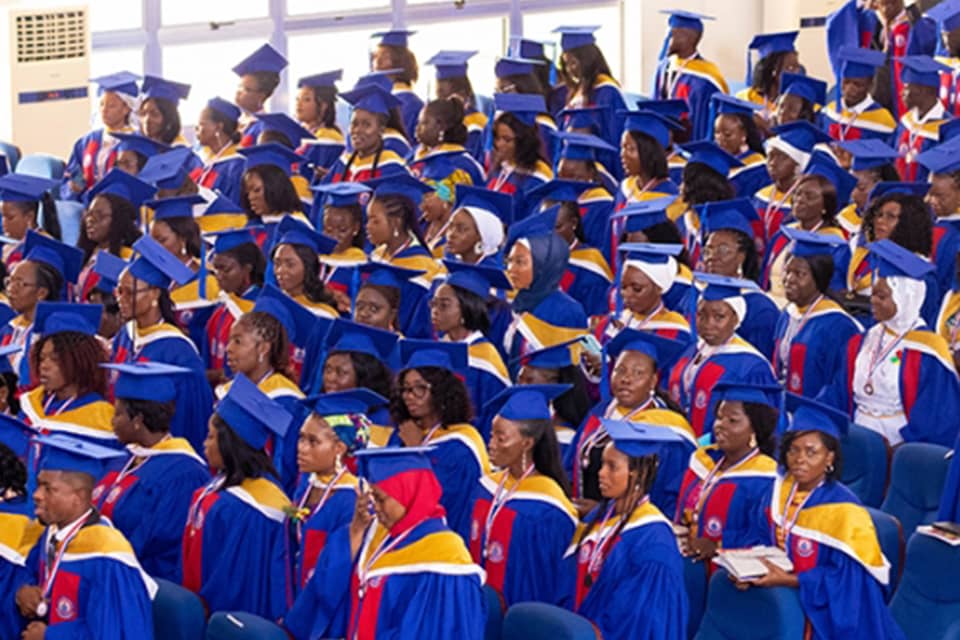

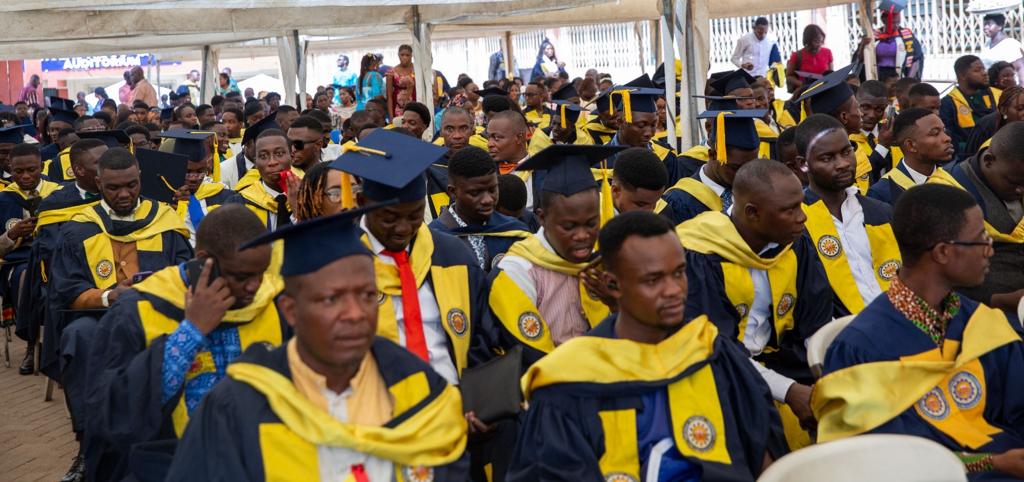


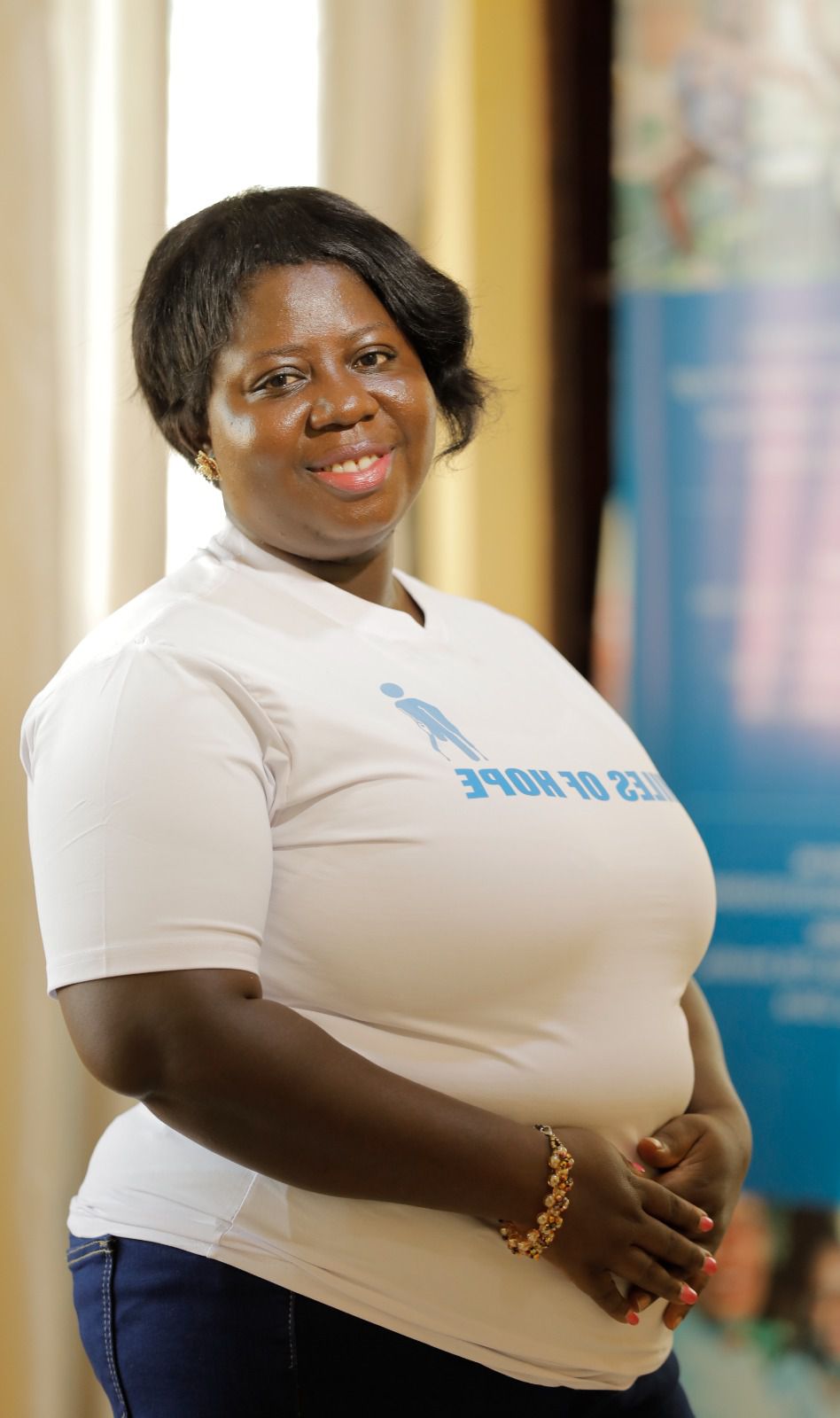


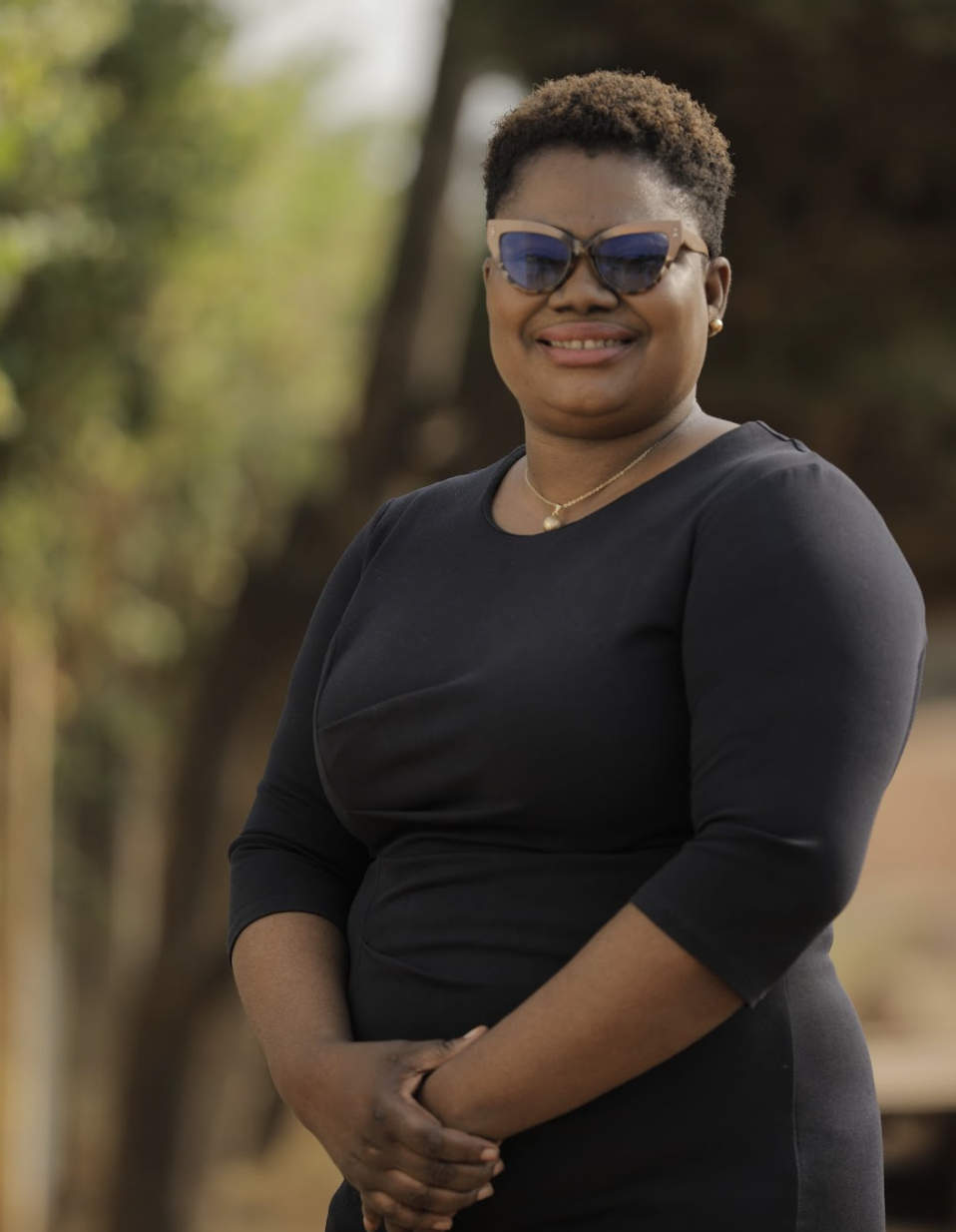


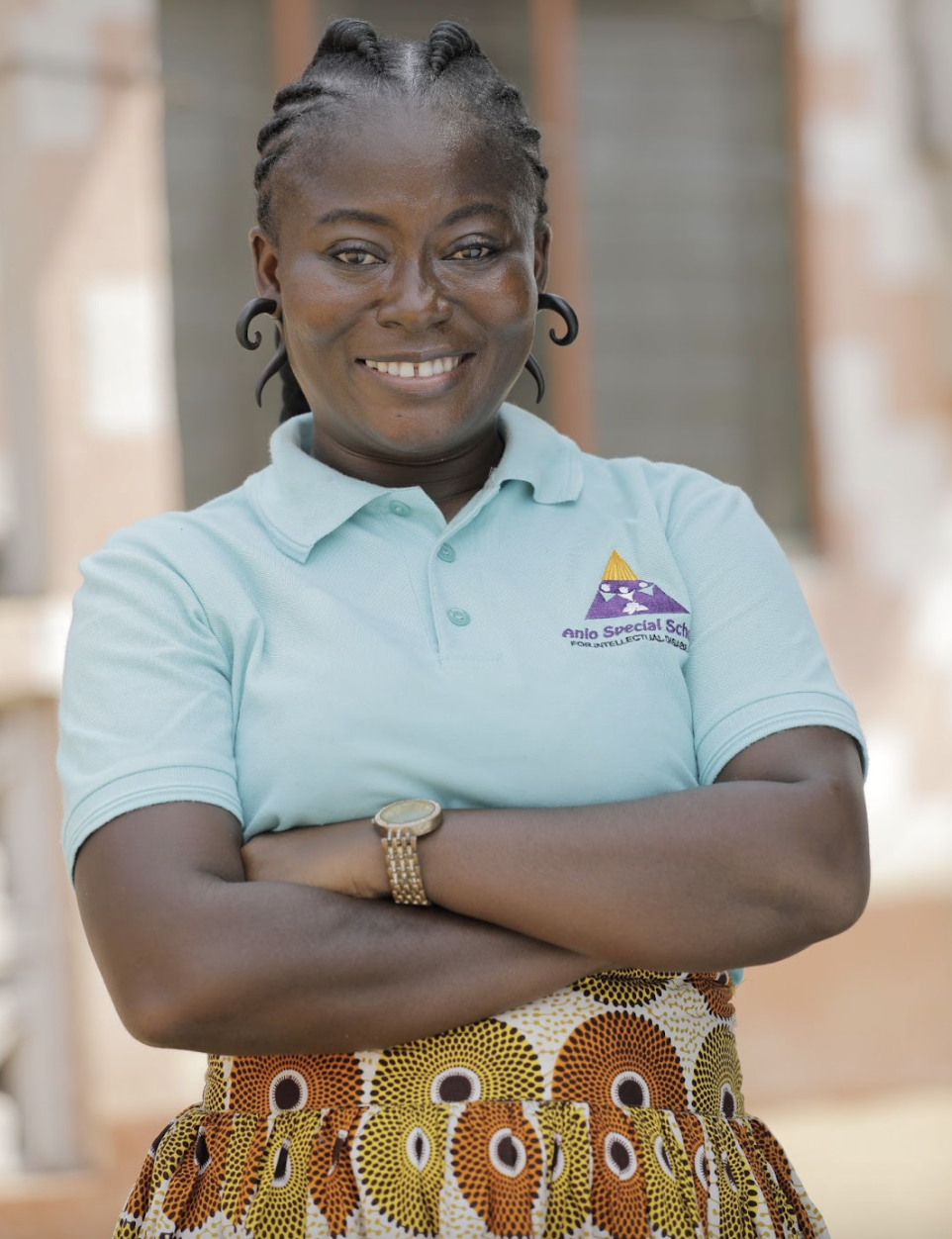

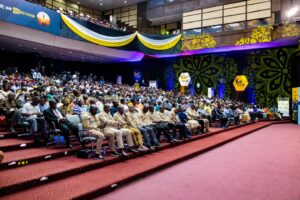

Facebook
Twitter
Pinterest
Instagram
Google+
YouTube
LinkedIn
RSS